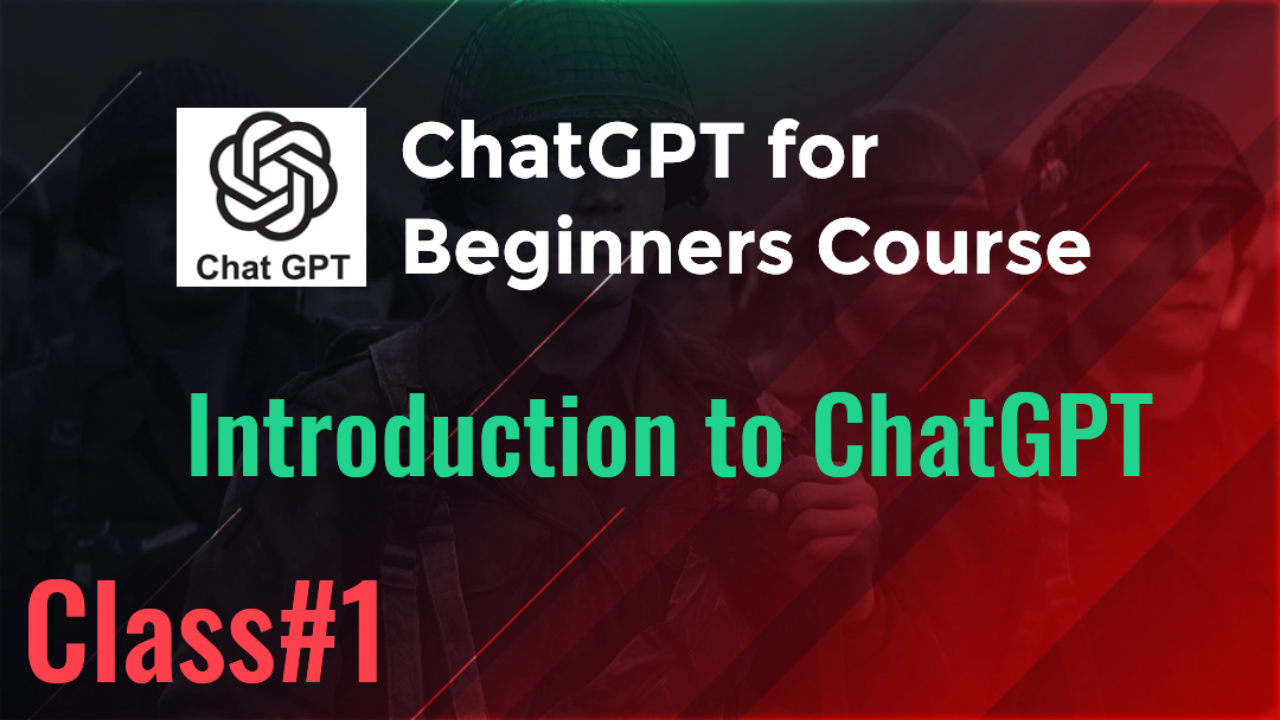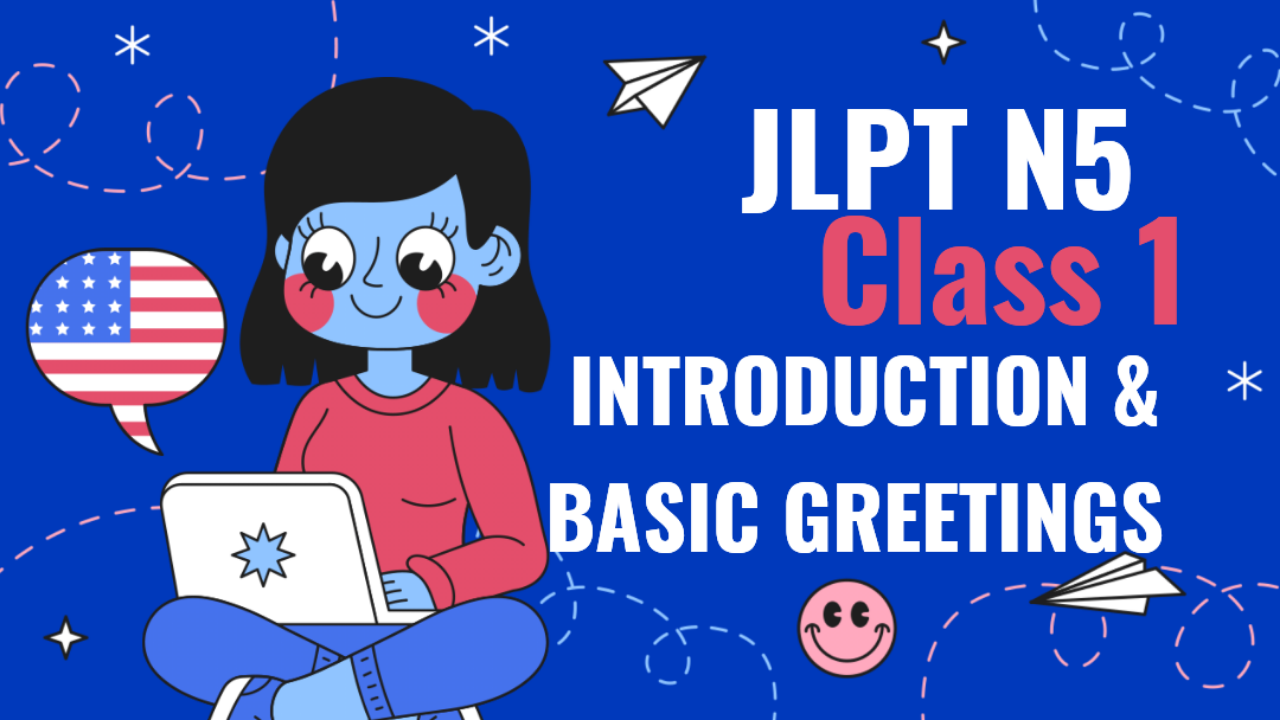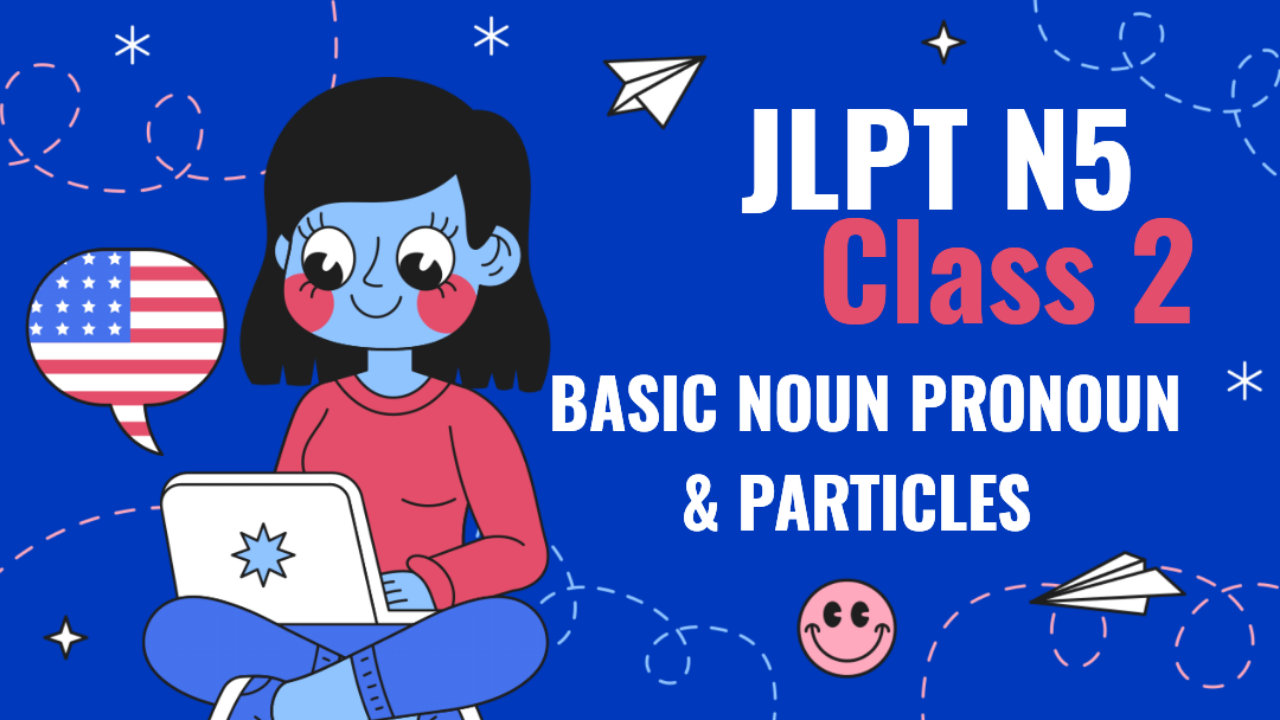Minna no Nihongo - Unit 13 Overview
In Unit 13, you will learn how to express desires, make suggestions, and talk about places and activities. This unit introduces the structure for talking about what you want to do, as well as how to invite others to join in activities.
1. Vocabulary (たんご)
This unit introduces key vocabulary for places, activities, and expressing desires:
- あそびます (asobimasu) – to play
- およぎます (oyogimasu) – to swim
- むかえます (mukaemasu) – to welcome, pick up (someone)
- つかれます (tsukaremasu) – to get tired
- けっこんします (kekkon shimasu) – to marry
- かいものします (kaimono shimasu) – to shop
- しょくじします (shokuji shimasu) – to have a meal
- さんぽします (sanpo shimasu) – to take a walk
- たいへん (taihen) – hard, tough, severe
- ほしい (hoshii) – want (something)
- ひろい (hiroi) – spacious, wide
- せまい (semai) – narrow, small (room, space)
- しやくしょ (shiyakusho) – city hall
- かわ (kawa) – river
- けいざい (keizai) – economy
- びじゅつ (bijutsu) – art
- つり (tsuri) – fishing
- スキー (sukī) – skiing
- かいぎ (kaigi) – meeting, conference
- とうろく (tōroku) – registration
- しゅうまつ (shūmatsu) – weekend
2. Grammar Points (ぶんぽう)
A. Expressing Wants with ほしい
-
To express that you want something, use ほしい after the object.
Structure:
- [Noun] が ほしい です。
Example:
- くるまが ほしい です。 (Kuruma ga hoshii desu.) – I want a car.
-
To ask someone what they want, use なにが ほしい ですか (What do you want?).
Example:
- なにが ほしい ですか。 (Nani ga hoshii desu ka?) – What do you want?
B. Expressing Desires to Do Something with 〜たいです
-
To express that you want to do something, use the verb stem + たいです.
Structure:
- [Verb stem] たいです。
Example:
- わたしは にほんへ いきたい です。 (Watashi wa Nihon e ikitai desu.) – I want to go to Japan.
-
To ask what someone wants to do, use なにを したい ですか (What do you want to do?).
Example:
- なにを したい ですか。 (Nani o shitai desu ka?) – What do you want to do?
C. Using the Verb たいへんです
-
たいへんです (taihen desu) expresses that something is difficult, troublesome, or tough.
Example:
- きょうは しごとが たいへん です。 (Kyō wa shigoto ga taihen desu.) – Work is tough today.
D. Expressing Movement and Purpose with に/へ
-
Use に or へ after a place to express movement toward that place.
Structure:
- [Place] に/へ いきます/きます/かえります。
Example:
- わたしは ともだちの うちへ いきます。 (Watashi wa tomodachi no uchi e ikimasu.) – I’m going to my friend's house.
-
Use に after the place and before a verb to express purpose (i.e., going somewhere to do something).
Structure:
- [Place] に [Verb stem] に いきます。
Example:
- デパートへ かいものに いきます。 (Depāto e kaimono ni ikimasu.) – I’m going shopping at the department store.
E. Suggesting Activities with ませんか
-
To invite someone to do something, use [Verb stem] ませんか.
Structure:
- [Verb stem] ませんか。
Example:
- いっしょに しょくじしませんか。 (Issho ni shokuji shimasen ka?) – Won’t you have a meal with me?
F. Stating Preferences with 〜が すきです
-
Use 〜が すきです to express that you like something.
Structure:
- [Noun] が すきです。
Example:
- わたしは つりが すき です。 (Watashi wa tsuri ga suki desu.) – I like fishing.
3. Example Sentences
- わたしは くるまが ほしい です。 (Watashi wa kuruma ga hoshii desu.) – I want a car.
- ともだちと いっしょに およぎたい です。 (Tomodachi to issho ni oyogitai desu.) – I want to swim with my friends.
- にほんへ りょこうに いきます。 (Nihon e ryokō ni ikimasu.) – I’m going to Japan for travel.
- いっしょに えいがを みませんか。 (Issho ni eiga o mimasen ka?) – Won’t you watch a movie with me?
- びじゅつが すき です。 (Bijutsu ga suki desu.) – I like art.
4. Practice Sentences
- にほんへ いきたい です。 (Nihon e ikitai desu.) – I want to go to Japan.
- なにが ほしい ですか。 (Nani ga hoshii desu ka?) – What do you want?
- いっしょに コーヒーを のみませんか。 (Issho ni kōhī o nomimasen ka?) – Won’t you have coffee with me?
- びじゅつかんに えを みに いきます。 (Bijutsukan ni e o mi ni ikimasu.) – I’m going to the art museum to see paintings.
5. Summary
Unit 13 focuses on expressing desires and making suggestions. You learn how to say what you want to do using 〜たいです, how to ask someone to do something with ませんか, and how to talk about places and purposes with に/へ. You also practice talking about preferences and things you like or dislike using すきです and きらいです. This unit helps you describe actions, desires, and invite others to participate in activities with you.





















